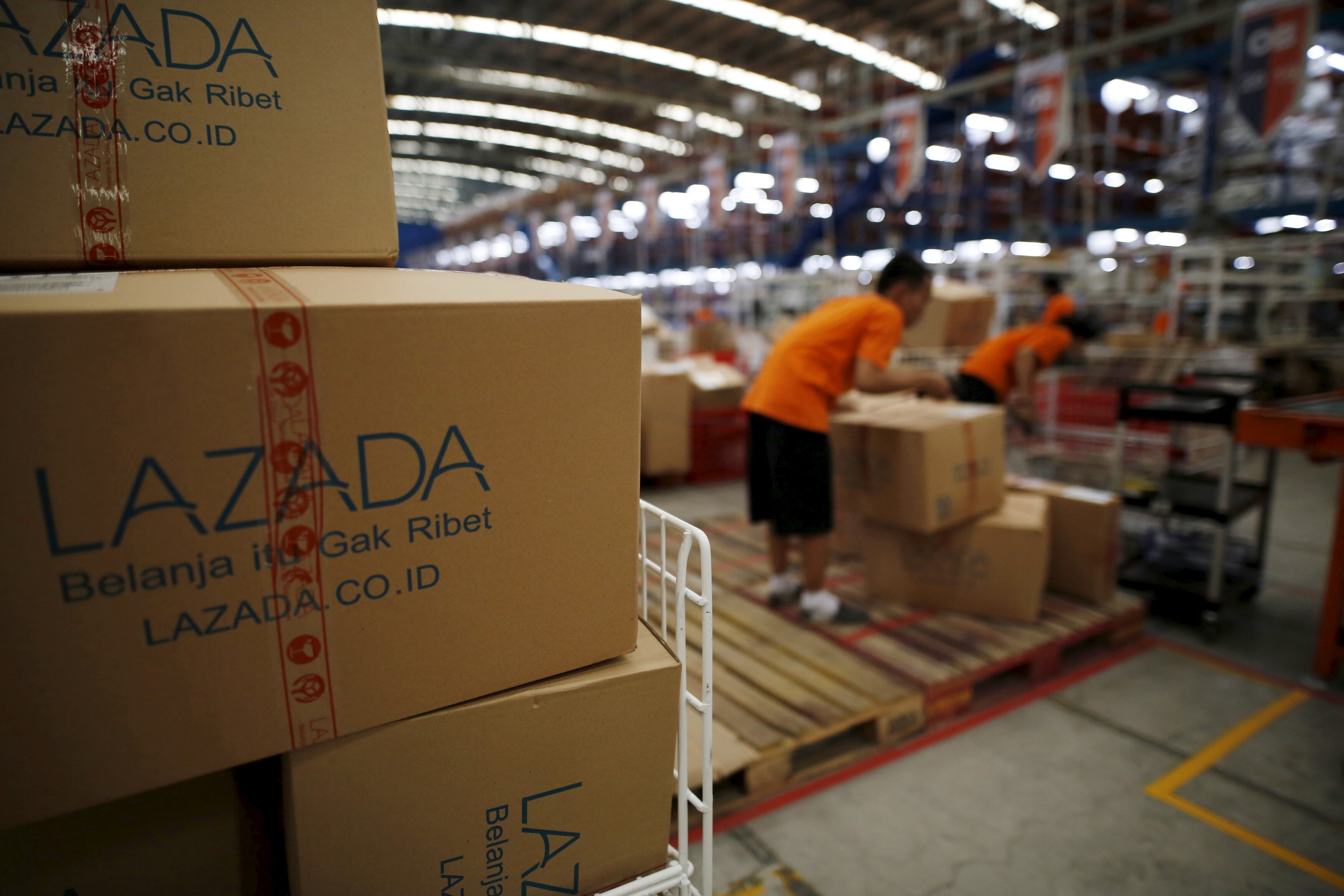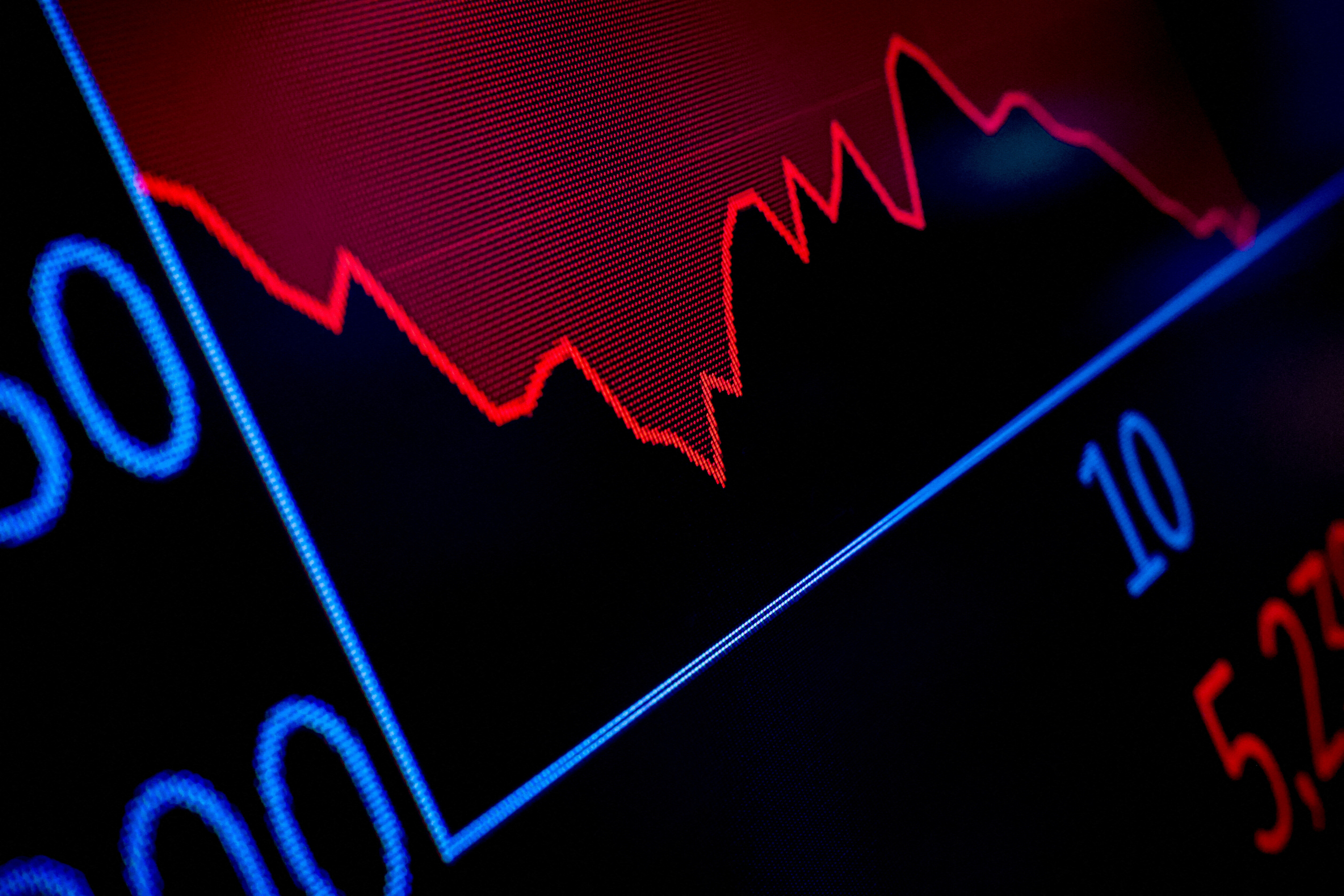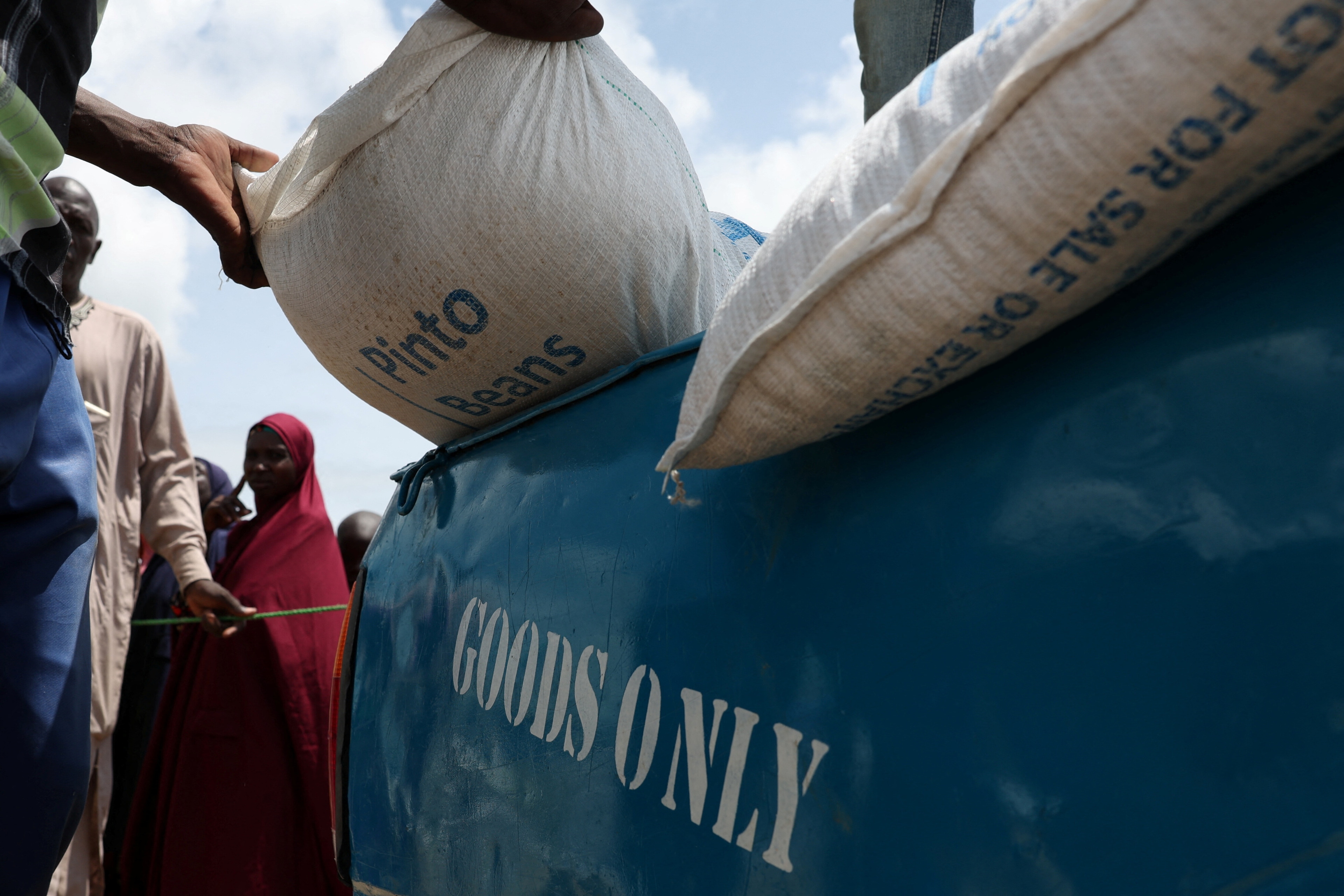These 3 charts show the impact of war in Ukraine on global trade

Russia’s war in Ukraine has created “immense human suffering”, but it is also damaging global trade. Image: Unsplash/ Max Kukurudziak
Listen to the article
- Russia’s war in Ukraine has created “immense human suffering”, but it is also damaging global trade, the World Trade Organization (WTO) is warning.
- Disruptions to food supplies could have “potentially dire consequences” for poor countries, it says.
- The WTO has downgraded its forecasts for goods imports and exports, and is calling on governments and partners to help facilitate trade.
- New COVID-19 lockdowns in China are also disrupting trade by sea.
Russia’s invasion of Ukraine has created “immense human suffering”, but it is also damaging global trade, which will likely impact low-income countries the most, the World Trade Organization (WTO) is warning.
In its Trade Forecast 2022-2023, the WTO says prospects for the global economy have “darkened” since the war started on 24 February. WTO economists have now downgraded their expectations for 2022 growth of merchandise trade volumes – the import and export of goods – from 4.7% to 3%.
War in Ukraine is causing food and fuel crises
"Smaller supplies and higher prices for food mean that the world's poor could be forced to do without,” said WTO Director-General Ngozi Okonjo-Iweala.
Sharply rising commodity prices have been the most immediate economic impact of the Ukraine conflict, the WTO says. The war also threatens supplies of essential goods from Russia and Ukraine, including food, energy and fertilizers.
The halting of grain shipments through Black Sea ports could have “potentially dire consequences” for food security in poor countries, the WTO warns.
New COVID-19 lockdowns in China are also disrupting trade by sea. This could lead to new shortages of raw materials and higher inflation.
Three charts show the key WTO trade statistics.
Because of uncertainty over the course of the Ukraine conflict and lack of hard data on its economic impact, WTO economists have used simulations to make “reasonable assumptions” about trade. In chart 1, they explain that growth of world merchandise trade volumes in 2022 “could be as low as 0.5% or as high as 5.5%”.
Different margins of error are shown in the chart as coloured bands.
The projections will be updated in October, or earlier if new data comes in.
In a crisis, the WTO says more trade is needed – not less – so everyone can get essential supplies. It is calling on governments and partner organizations to work together to facilitate trade.
Chart 2 shows how world fuel prices have been rising rapidly. This started in 2020, before the war in Ukraine. In March 2022, a barrel of oil was $118 – 38% higher than in January 2022 and 81% up on the same time last year. Daily oil prices reached a high of $128 per barrel on 8 March, but had fallen to $104 per barrel by 1 April.
Prices for natural gas vary across regions, the WTO explains. Europe saw natural gas prices climb 45% between January and March to $41 per million British thermal units (Btu) – a measure of heat content. In the United States, on the other hand, prices have “remained relatively low,” the WTO says, at around $4.9 per million Btu.
“Higher oil prices may reduce real incomes and import demand worldwide, while higher natural gas prices would probably have a greater impact in Europe,” the WTO says.

Have you read?
This chart shows how much Ukraine and Russia export to the world
This is how wheat shortages are creating a food security risk
Russia's war on Ukraine is creating a global food crisis. Here are 3 ways to tackle it
Davos 2022: President Zelenskyy on 'new precedents' and a call for global help 'as fast as possible'
Chart 3 shows a breakdown of goods imports and exports by region, between the first three months of 2019 and the projected last three months of 2023.
“Europe is now expected to underperform on the import side,” the WTO says – along with Africa and the Commonwealth of Independent States (CIS). The CIS is a grouping of governments in Eastern Europe and Asia, including Russia, formed after the dissolution of the Soviet Union in 1991. This group’s under-performance is mostly due to sanctions against Russia, the WTO says.
Europe’s weakness is deepened by Ukraine being part of its country group. In Africa, low import levels are partly related to “unexpected declines” in trade in the second half of 2021, the WTO says.
For the Middle East, higher oil prices are expected to boost export revenues. This will likely increase import volumes too, as Middle East countries are able to import more.
The WTO said global trade in commercial services would also be affected by the Ukraine conflict. This includes the transport sector, which covers container shipping and passenger air transport.
Don't miss any update on this topic
Create a free account and access your personalized content collection with our latest publications and analyses.
License and Republishing
World Economic Forum articles may be republished in accordance with the Creative Commons Attribution-NonCommercial-NoDerivatives 4.0 International Public License, and in accordance with our Terms of Use.
The views expressed in this article are those of the author alone and not the World Economic Forum.
Stay up to date:
Ukraine
Forum Stories newsletter
Bringing you weekly curated insights and analysis on the global issues that matter.









